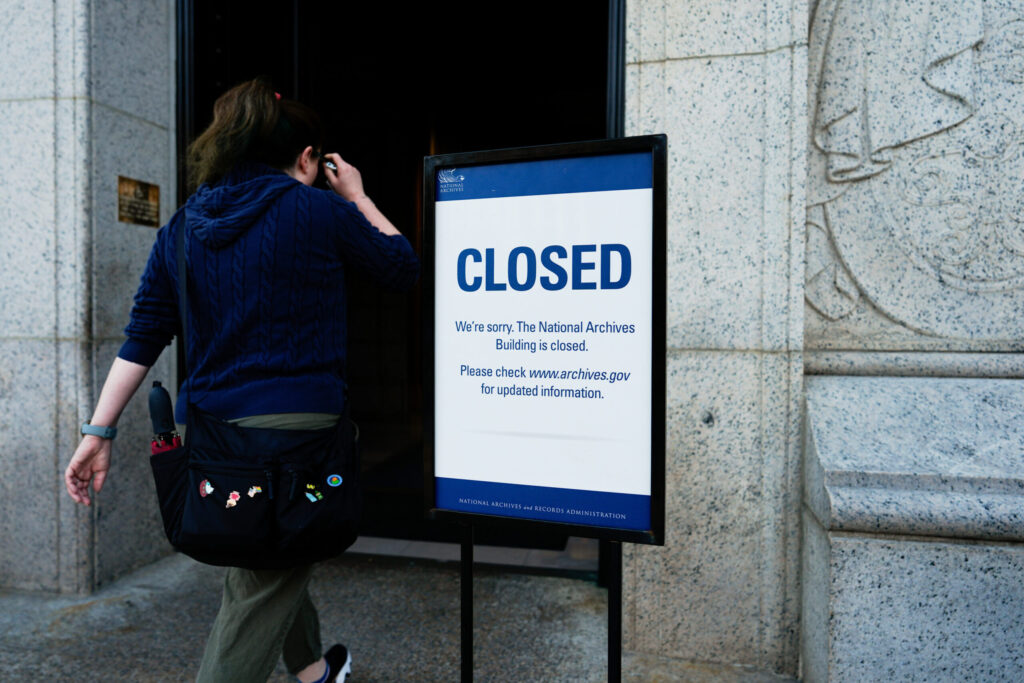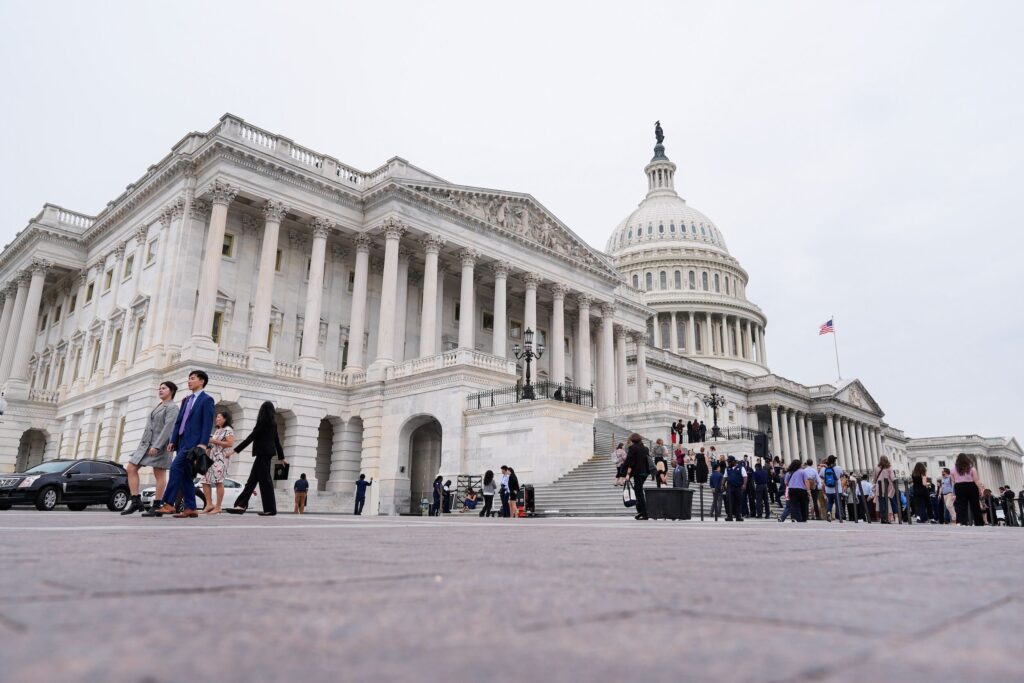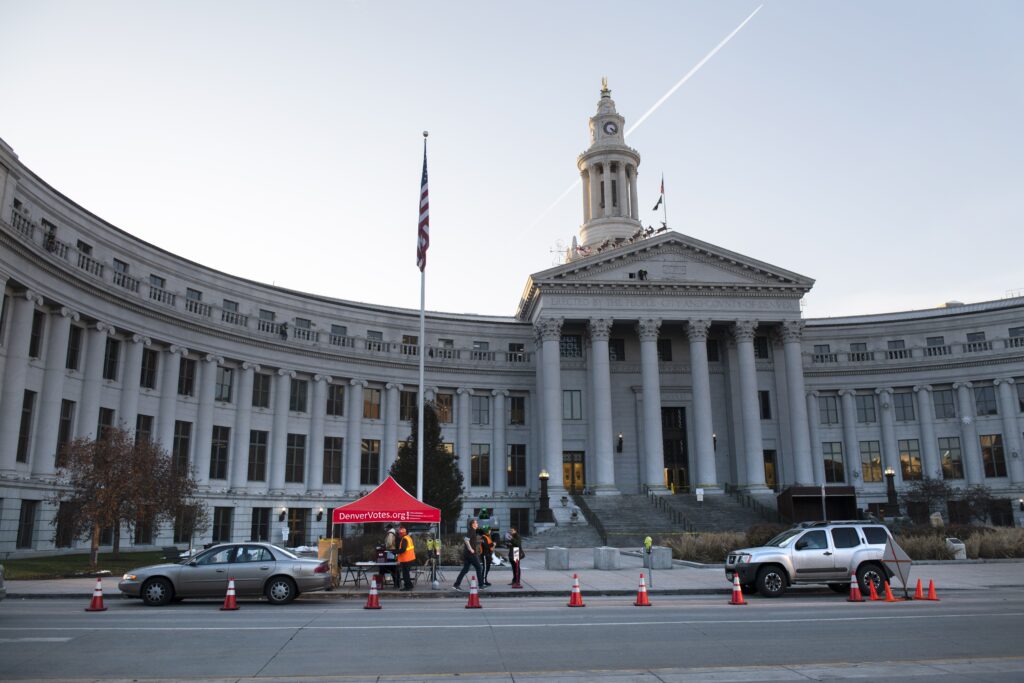Coffman settling in as state’s chief lawyer

Attorney General Cynthia Coffman knows her way around the office. As chief deputy attorney general under her predecessor, John Suthers, and having worked for the state’s chief lawyer for a decade, she’s worked closely with employees and played a key role in decisions.But after winning the top spot last November — in her first bid for public office, Coffman wound up the top Republican vote-getter in Colorado history, with a handful over a million ballots with her name on them — she’s having to let go of some of the day-to-day operations running the state’s largest law firm. And she’s having a blast.
“Now I have to step back and not be as involved in the details of what people are doing. And that’s just taking some discipline, to delegate and not try to control,” she said with a laugh. “I have a chief of staff and chief deputy who do those things now, and I have to sit back and trust that everything’s going swimmingly, or they’ll tell me.”
Coffman discussed her first four months in office in a wide-ranging interview with The Colorado Statesman, sandwiched between meetings and speeches, touching on the role of the attorney general, her legal philosophy, how she differs from Suthers and what the future might hold.A big difference from her old job, she noted, “is taking on the ceremonial aspects of being attorney general and the political responsibility of being the elected official.
“Before, I could have picked and chosen what I got involved in politically, but now there are some expectations now that I’m the elected one that I will be some places and will have a voice. That means I have to let go of some things I used to have control over, and that’s a struggle for me,” she said with another chuckle.
She’s been heavily involved in partisan politics for years — pitching in and occasionally taking the reins on campaigns run by her husband, U.S. Rep. Mike Coffman — so that isn’t new, but she says she’s invited to many more functions, both as a Republican and a statewide elected officer. “People want to see their public officials around the state,” she said. “I’m looking forward, when the session’s over, to doing some traveling. I’m eager to get out and about to see folks.”
There isn’t much time to travel during the legislative session, she says, though Coffman does get out of the metro area once in a while, contacting several organizations that partner with the attorney general’s office, including the Better Business Bureau and the AARP Foundation and the Boys and Girls Clubs around the state.
There haven’t been any big surprises from her new perch, but Coffman says she understands the office somewhat differently.
“What is interesting about being in the lead role, I now go out and talk about the things we do in some level of detail, and I find myself making speeches about different parts of the office and different programs. It requires learning it in a different way when you’re going to talk about it. As chief deputy, I absorbed a lot about what we did and had an awareness, but until you have to be the one articulating it and describe it and answer questions about it, I don’t think you know it as well,” she said. “I have a much better understanding of the people in the office. I feel like I’m responsible for getting their message out, whether it’s consumer protection, public safety, or an environmental issue, I want to get it right for the folks that do the hard work.”
Talking about the duties of the office, she says she developed her description over time and honed the message on the campaign trail.
“I discovered that people weren’t that fascinated, as I was, to find out that we were the largest public law office or largest law office in Colorado, that we had all these attorneys in Denver representing them,” she said. “What I discovered is that the areas people connect with is what I call our protection responsibilities — consumer protection, public safety, protecting natural resources, the environment and water particularly. Once I started talking about those things, it started to click why we were important. That’s where we touch people’s lives.”
Those responsibilities, and representing the people of the state as a whole, are the most important things the attorney general does, she says.Her office is the attorney for the departments and agencies and statewide elected officials, she noted, “But then we have that dual responsibility to the citizens of the state.”
When it comes to deciding which cases to take, it’s a balancing act.
“We can’t begin to take everything that comes our way,” she said, citing consumer protection cases as an example. “We do get so many phone calls from people complaining about businesses that have taken their money, or a scam, a fraud that’s been perpetrated. We keep statistics on those and then our consumer protection staff looks at those and says, who are the worst actors.” The decision usually comes down to where her office can best make examples and prosecute cases that cross jurisdictional lines.
“We have the picture of what’s happening across the state. District attorneys know what’s happening in the counties they represent, but we’re able to have that unique perspective when we see something happening in different counties across the state,” Coffman said. “Sometimes, with a securities fraud or insurance fraud case, you only have a handful of victims, but their retirement savings has been completely wiped out, or they’ve lost a house because of some sort of scam. You look at the magnitude of the impact it’s had on an individual’s life. ‘We need to take this case, in order to represent this person,’ because it will only happen if the attorney general’s office does it for them.”
Although district attorneys have a right of first refusal on most cases, sometimes conflicts arise or crimes are being perpetrated across judicial district lines. “Then, we can use the statewide grand jury to gather evidence and do an investigation and tie it all together. Cases like drug trafficking, human trafficking, auto theft rings that are happening in different parts of the state,” she said, adding, “Right now, staging of auto accidents is big, to the tune of millions of dollars a year. We can track trends. People who are good at this scam file with different insurance companies, and we can see the pattern, where a DA or an insurance company might only see one case. They keep moving.”
As the legislative session draws to a close, she said her office didn’t pursue big changes this year but is still kept hopping providing advice to client agencies and legislators about how changes to the law might affect things, whether measures are constitutional.
“Because I worked under John for so many years, I’m more comfortable with the role of the attorney general as John Suthers saw it, viz-a-viz the Legislature. We let the Legislature make policy, and we’re the law-enforcers here in the AG’s office,” she said. “That’s not to say there can’t be a circumstance — I won’t completely close the door on that, where there’s something where I think the attorney general’s voice is absolutely needed. But I think in this position there has to be a certain level of neutrality if we’re going to defend the law and we’re going to be credible doing that. We have to maintain the ability to argue a side that we may not agree with but which the Legislature says, look, this is what we want the law to be. And unless we think a law is truly unconstitutional, we have a duty to defend it.”
She discussed why she stayed out of a multi-state lawsuit spearheaded by Texas challenging the Obama administration’s immigration order, a position that’s drawn criticism from fellow Republicans. It’s because there are arguments in that complaint that conflict with another case she’s defending, in a lawsuit filed by Nebraska and Oklahoma challenging Colorado’s constitutional amendment that legalized recreational marijuana.
“I don’t want to spell out for Nebraska and Oklahoma why we think that is,” she said. “They’ve probably figured it out, but there are arguments — we’ve looked at this from every angle, because I wanted to be sure the decision not to sign on to Texas — I wanted to be sure that was the right choice for us. In that case, you’ve got 26 states backing up Texas in that argument. And in the Nebraska and Oklahoma argument, it’s just us. I think it’s incumbent on our office to focus on the case where we are the defendant. I do think — without telegraphing all the details — there are definitely some red flags, for me, in some things that are said in the arguments in the Texas case that, I think, could create a problem for us if we joined in and put our name on it.”
There are pros and cons to signing on to a particular case, she said, noting that there are environmental regulations coming down the pike that might draw her participation. “We’re signing onto a lawsuit that Wyoming and North Dakota have filed against the Bureau of Land Management, and that has to do with new fracking rules that BLM has in the western states, and that is one I’ve chosen to sign on,” she said, discussing an announcement she made recently.
So far, there aren’t a lot of changes between how she’s running things and how Suthers did. But Coffman said she intends to make the office better at communicating with the public, particularly on areas such as consumer protection.
Another difference, she said with a laugh, is that she has a harder time with appointments early in the morning. “I’m a night person. It’s a struggle. When I decided to run, John Suthers said, ‘You know, Cynthia, a lot of life happens before 9 o’clock in the morning,’” she said.As far as her political trajectory — Coffman’s name often appears on polling for next year’s U.S. Senate race, and she’s mentioned regularly as a potential candidate for governor in 2016 — she calls the speculation amusing.
“Unfortunately, I’m not the best strategic planner with my life — I’m pretty good at doing it with the office — but I have always found that opportunities come up as they’re supposed to at the right time,” she said. “I’m a believer that there’s some guidance in that, and that I just have to be open to my options and exploring them. I care deeply about this office, I truly do.” She said she was convinced to run when Suthers was termed out and she wanted the opportunity to keep steering the office.
“I thought, I want that opportunity, I have ideas, I believe I can help the office grow and succeed, and I want the chance to do it. I feel like I’ve just landed where I really wanted to be, and I have a lot of ideas that I’m enthusiastic about,” she said, adding, “That’s really where I’m focused now. There might be something in the future besides AG, I just don’t know where or when.”













